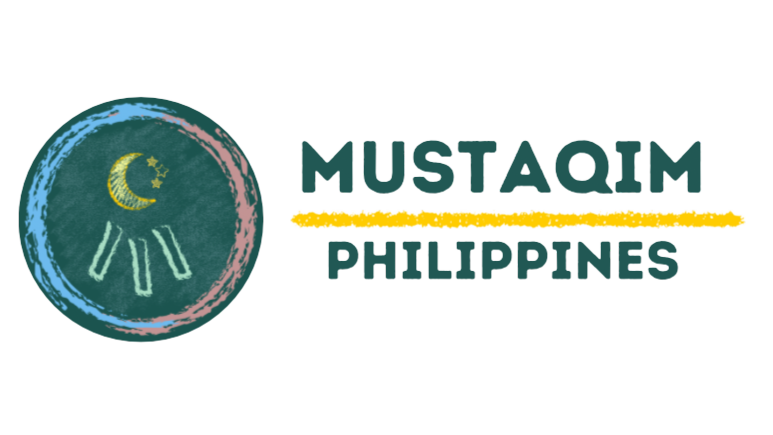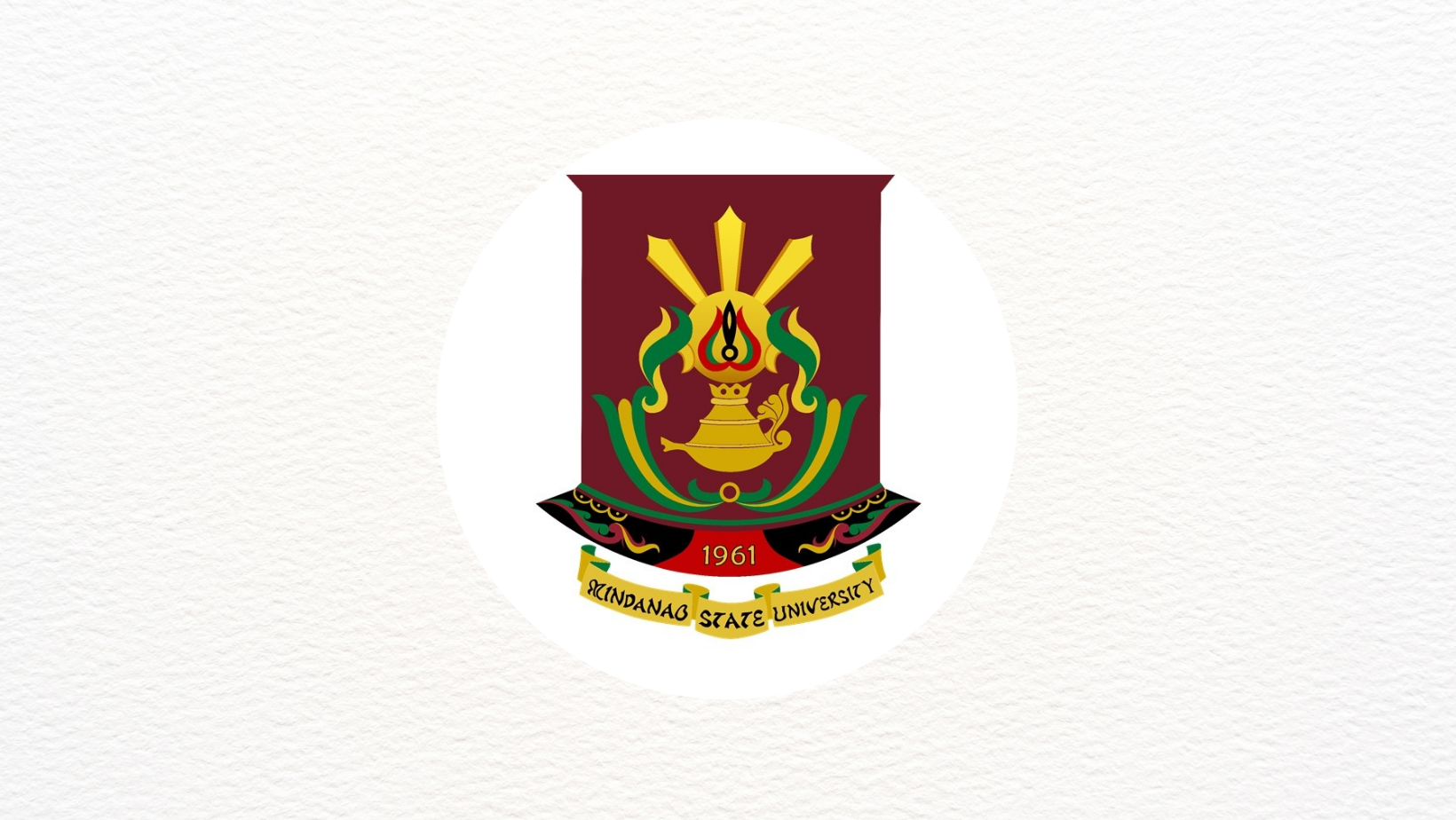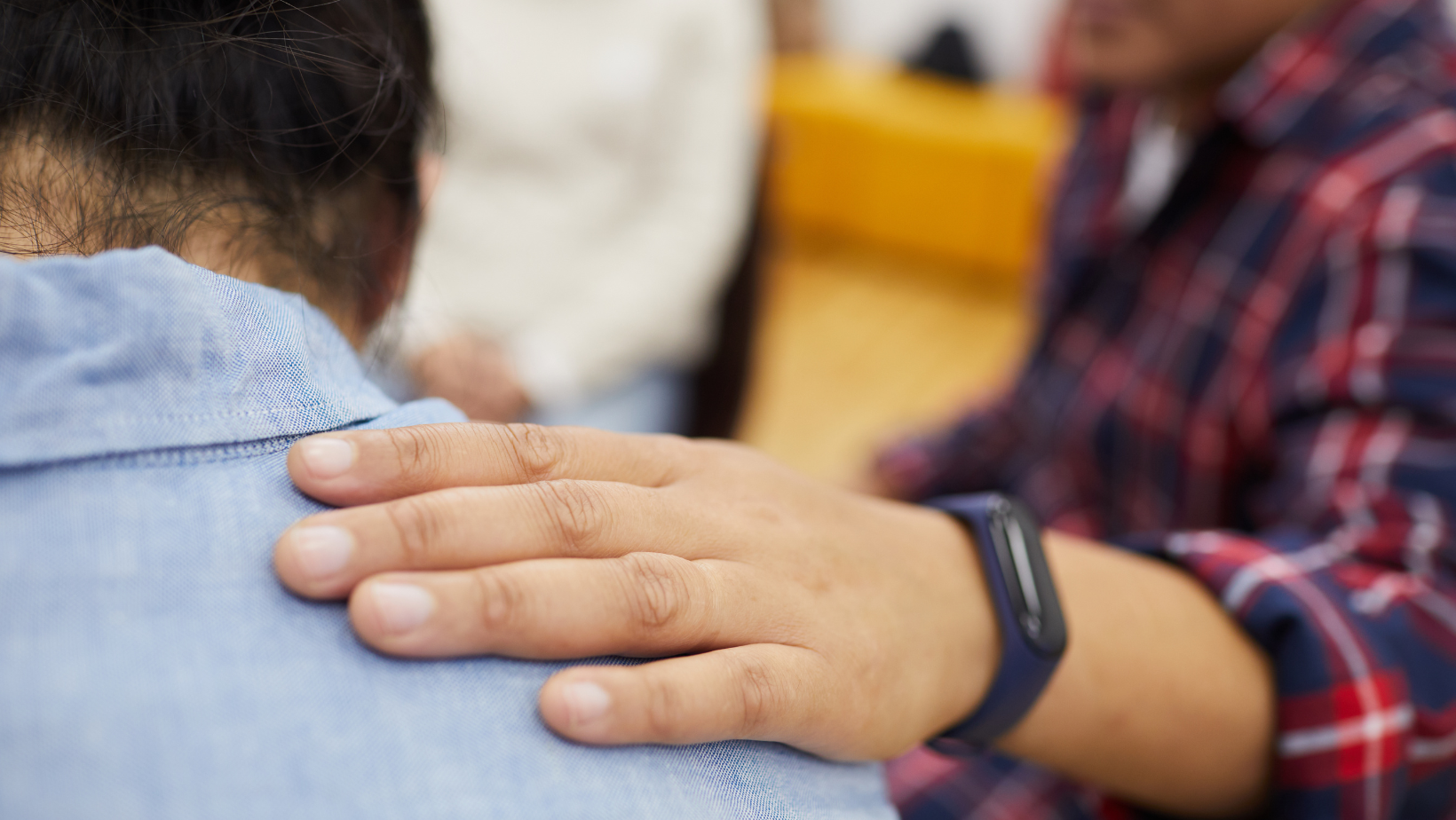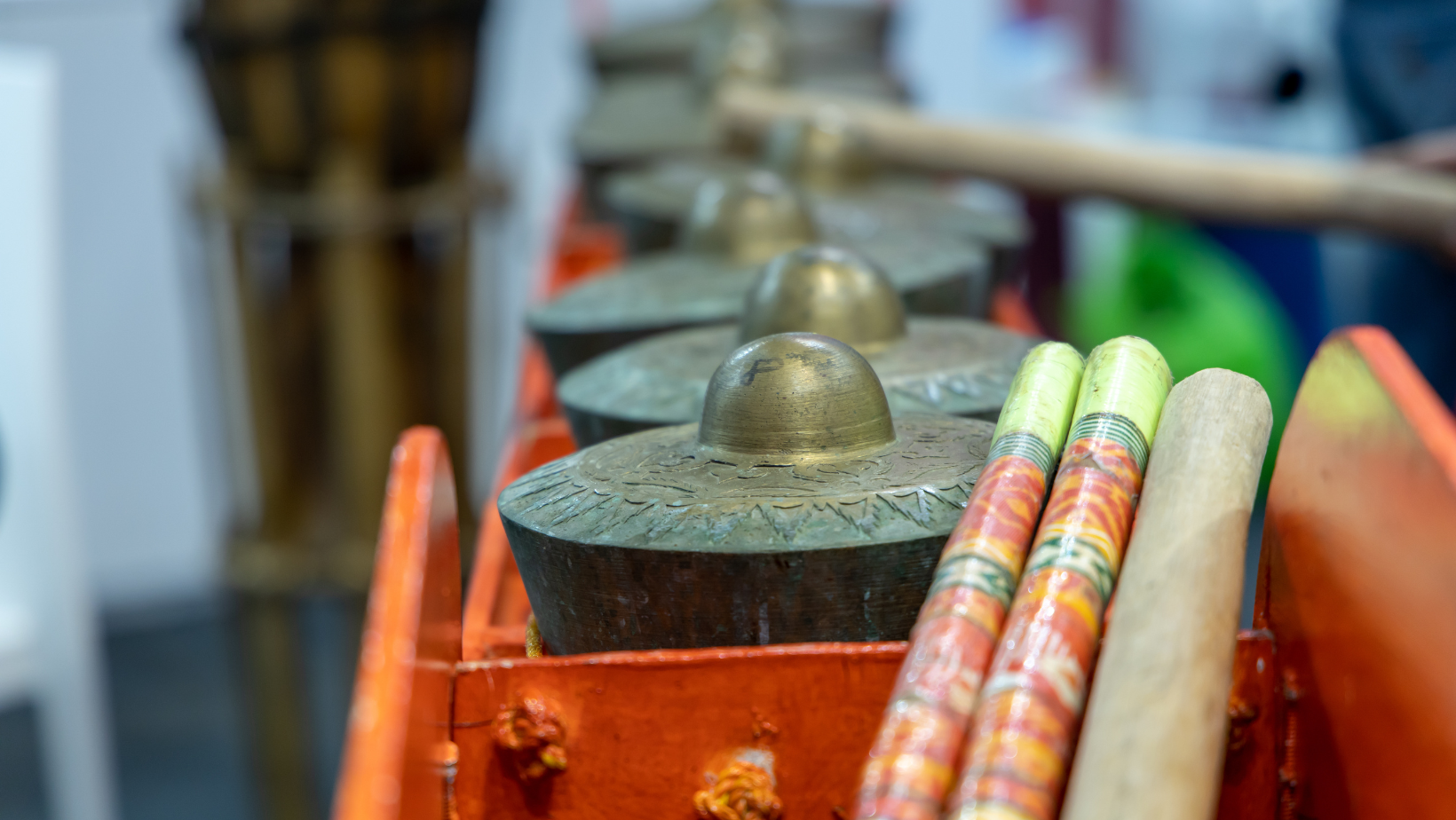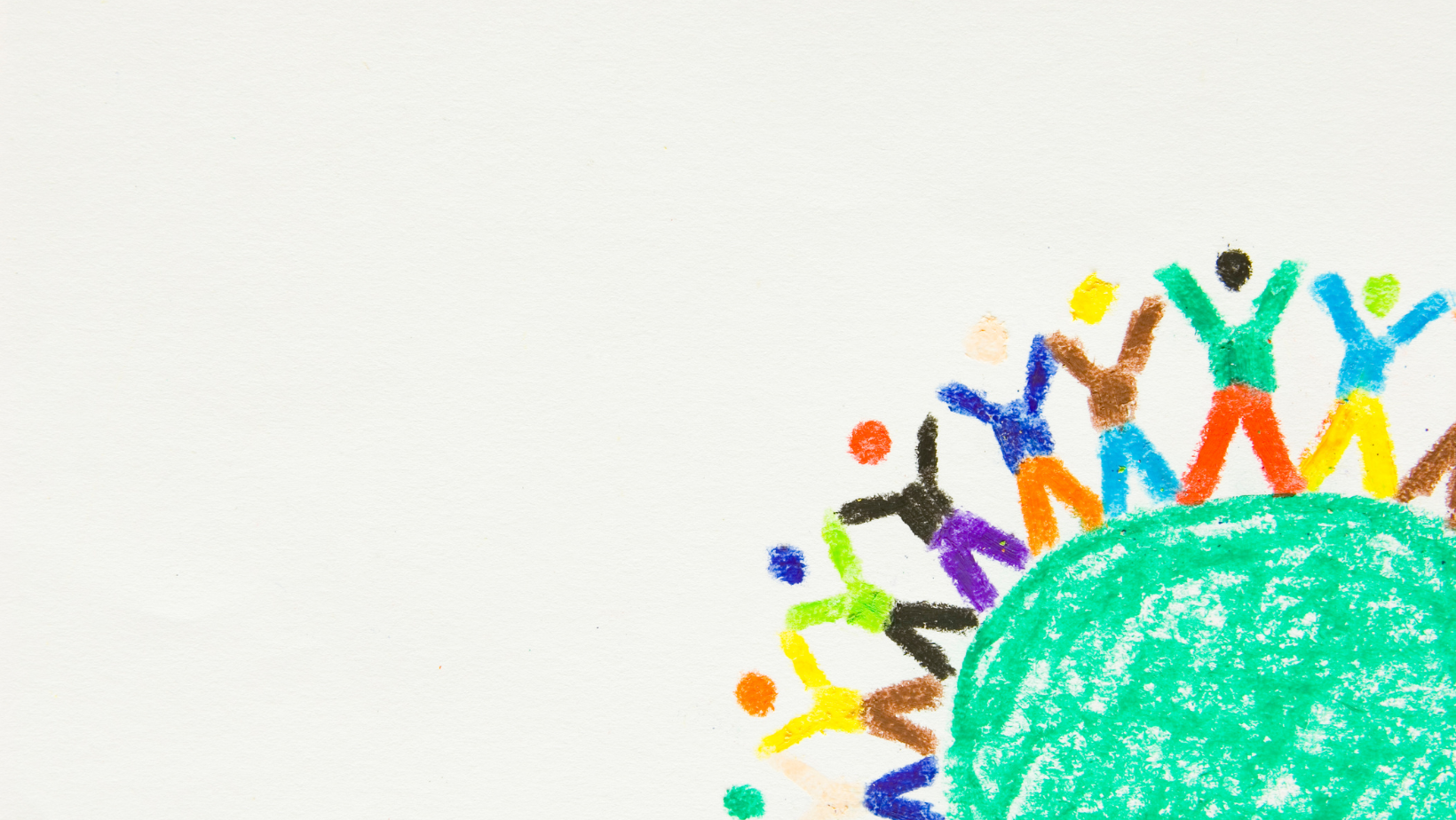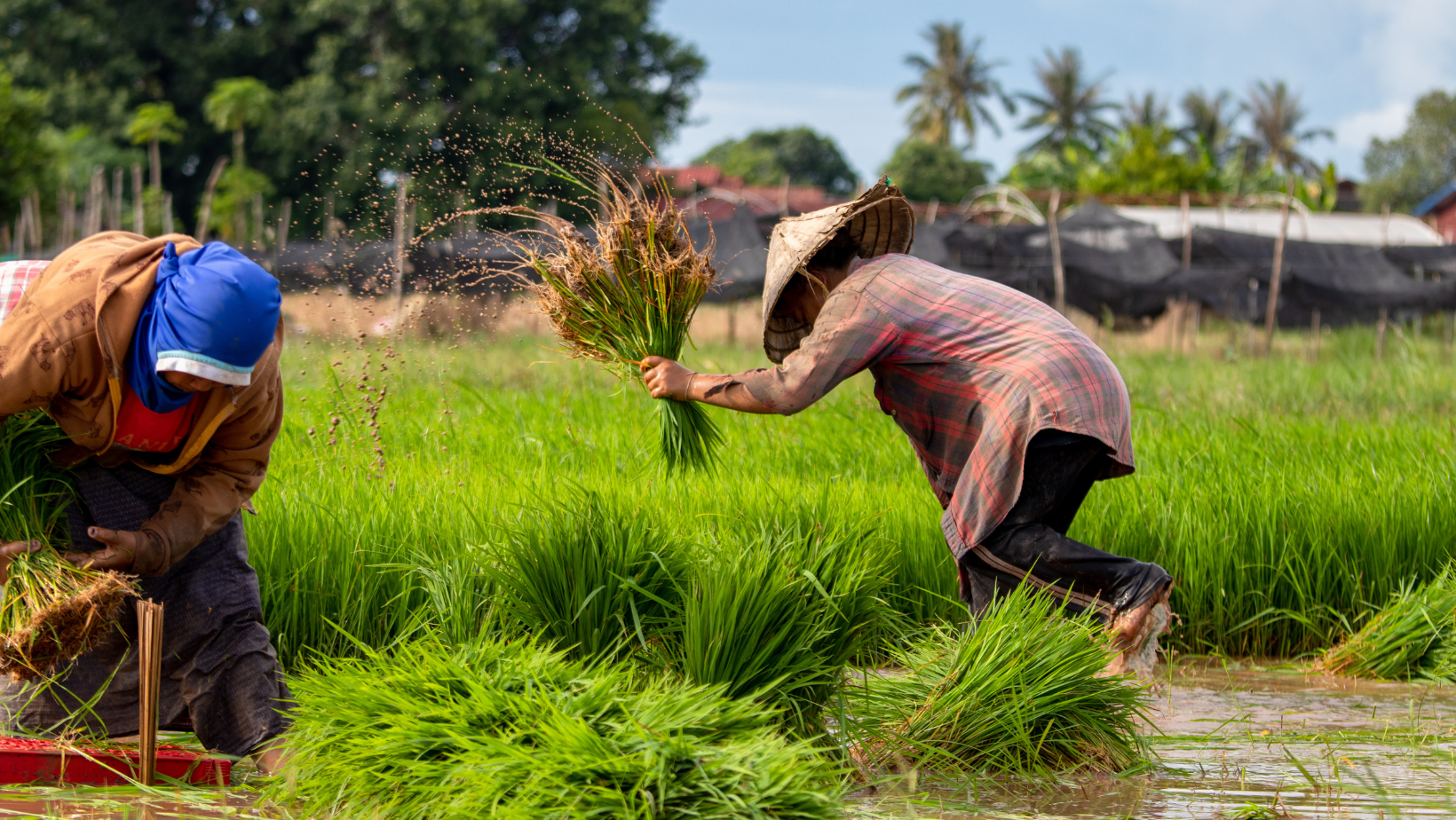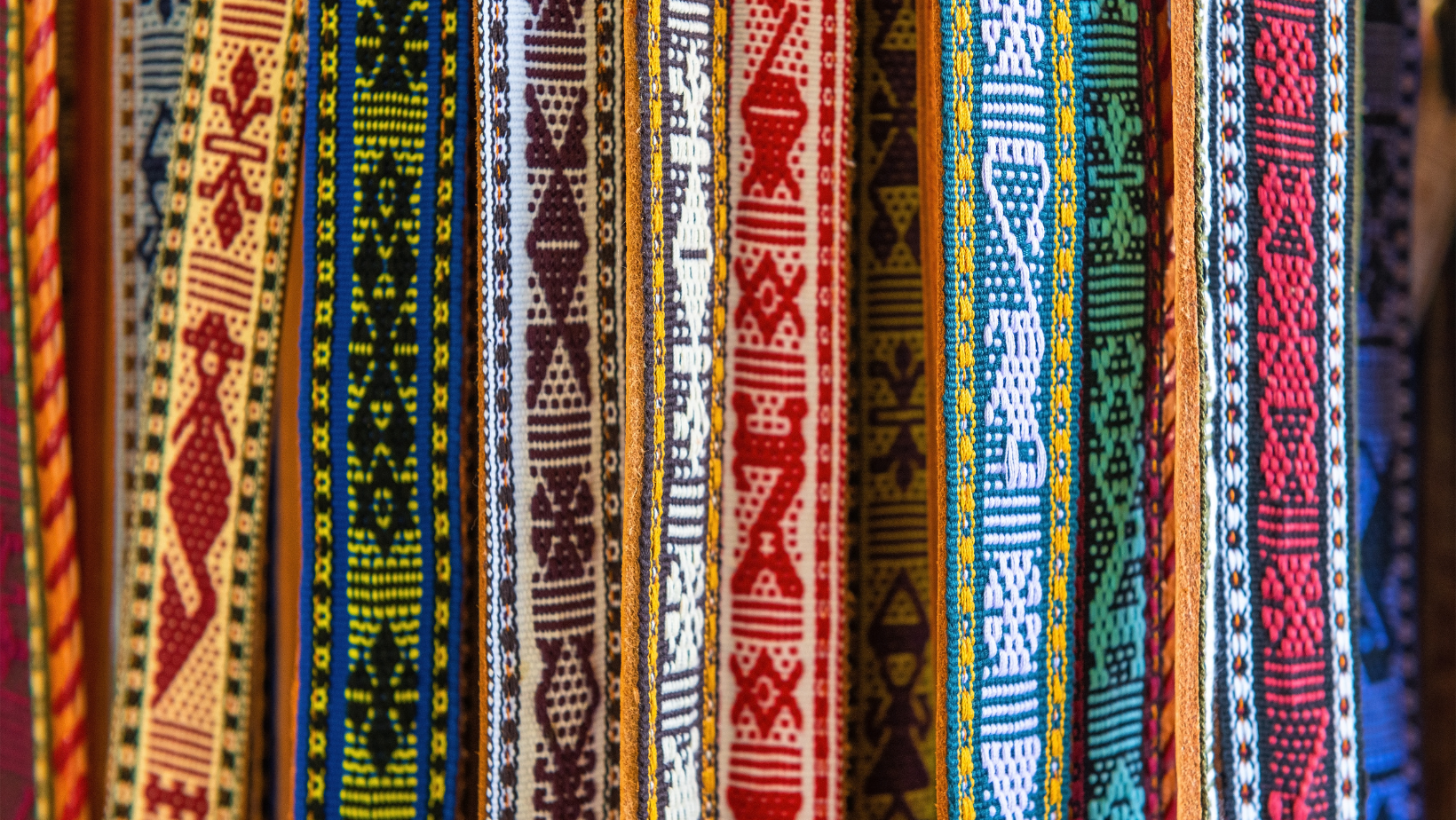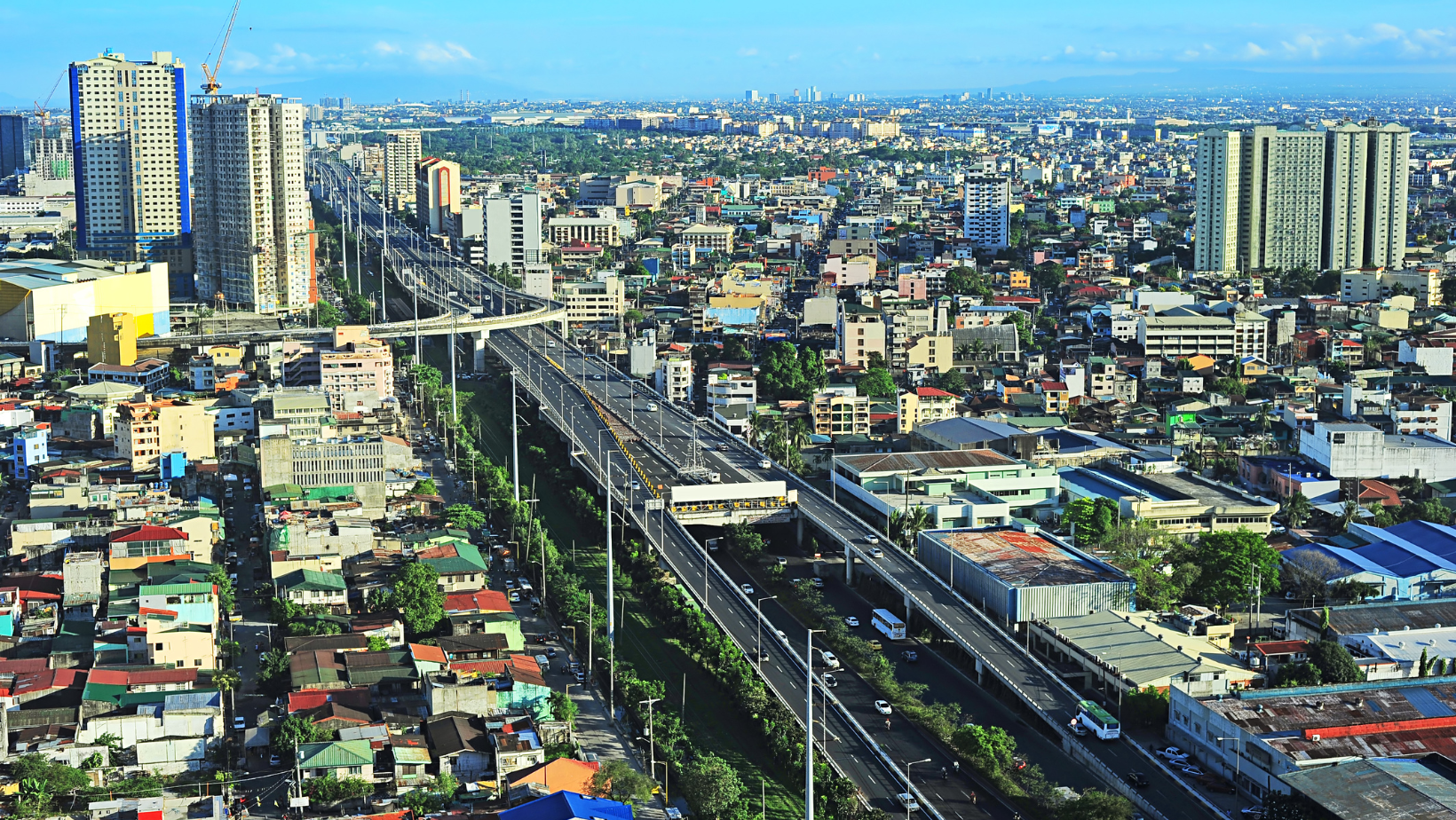Mindanao State University - Marawi: A Chronicle of Academic Eminence and Cultural Legacy
Established on September 1, 1961, the Mindanao State University (MSU) in Marawi has evolved into a distinguished institution, playing a pivotal role in both academic excellence and the preservation of cultural heritage. The history of MSU Marawi is a captivating journey, reflecting the resilience, vision, and commitment to education that has defined its trajectory.
Founding Years: A Vision for Education
Conceived in the early 1960s, MSU Marawi was envisioned as an institution that would bring quality education to Mindanao, particularly to the Muslim-majority areas. Dr. Antonio Isidro, the founding president, aimed to establish a university that would contribute to the development of the region and foster understanding among diverse communities.
Early Challenges and Growth
The university faced initial challenges, including the need for infrastructure and faculty. However, through determination and support from various sectors, MSU Marawi gradually expanded. The College of Islamic Studies was established to integrate traditional Islamic education with modern academic disciplines, reflecting a commitment to cultural inclusivity.
Academic Excellence and Research
Over the years, MSU Marawi has become a hub for academic excellence, offering a wide range of undergraduate and graduate programs. The university's commitment to research and innovation has led to significant contributions in various fields, positioning it as a key player in the educational landscape of Mindanao and the Philippines.
Cultural Integration: A Unique Identity
One of MSU Marawi's distinctive features is its emphasis on preserving and promoting cultural identity. The university actively incorporates Maranao culture into its academic programs and campus life. This integration serves as a testament to the belief that education should not only be a pursuit of knowledge but also a celebration of heritage.
Role in Community Development
MSU Marawi extends its impact beyond the confines of the campus, engaging in community development projects. These initiatives aim to uplift surrounding areas, contributing to socio-economic progress and demonstrating the university's commitment to being a catalyst for positive change in Mindanao.
Challenges and Resilience
The university faced a significant challenge during the 2017 Marawi Siege, with parts of the campus becoming an arena of conflict. Despite the adversity, MSU Marawi showcased resilience. Post-siege efforts focused on rebuilding, reflecting the determination to restore the academic and cultural heart of the university.
Looking Ahead: A Legacy Continues
As MSU Marawi continues to evolve, it remains deeply rooted in its commitment to education, cultural preservation, and community service. The university stands as a symbol of unity, bringing together students from diverse backgrounds to foster understanding and cooperation.
The history of MSU Marawi is a tale of triumph over challenges, a commitment to education, and a celebration of cultural diversity. As it continues to shape the minds of future leaders and contribute to the socio-cultural fabric of Mindanao, MSU Marawi stands as a beacon of academic eminence and a guardian of cultural legacy.
Exploring the Essence of "Kanya-Kanya": Understanding the Filipino Culture of Individualism
Filipino culture is a rich tapestry woven with a multitude of values, traditions, and perspectives. Among the many cultural nuances that define the Filipino way of life, one concept that stands out is "kanya-kanya." This term encapsulates the essence of individualism within the context of Filipino society, reflecting a unique blend of communal ties and personal autonomy.
"Kanya-kanya" translates to "each to his own" in English, encapsulating the idea of individualism and self-reliance within the Filipino cultural framework. This concept does not negate the importance of community or family; rather, it emphasizes the idea that individuals have their own paths, aspirations, and responsibilities.
The roots of "kanya-kanya" can be traced back to the historical and cultural evolution of the Philippines. The archipelago's diverse ethnic groups, regional differences, and centuries of colonization have contributed to a dynamic cultural landscape. As a result, Filipinos have developed a sense of adaptability and resilience, cultivating a mindset that values personal agency in navigating life's challenges.
While "kanya-kanya" highlights individual autonomy, it coexists with a deep sense of community and interconnectedness. Filipinos often find ways to strike a balance between pursuing personal goals and contributing to the well-being of the larger community. This duality is reflected in various aspects of Filipino life, from family dynamics to social relationships and workplace collaborations.
In Filipino families, the concept of "kanya-kanya" is evident in the encouragement of children to pursue their passions and aspirations. Parents often support their children's individual journeys, recognizing the uniqueness of each family member. At the same time, the strong family bonds and interdependence remain integral to Filipino family life.
In professional settings, the Filipino concept of "kanya-kanya" can be observed in the way individuals approach their careers. Employees strive for personal success and growth while still contributing to the overall success of the organization. Teamwork and collaboration are highly valued, but so is personal achievement and advancement.
While "kanya-kanya" fosters personal agency and resilience, it also poses challenges to the collective harmony. Striking the right balance between individualism and community cohesion is an ongoing process, requiring open communication and understanding. Embracing the strengths of "kanya-kanya" can lead to a more empowered and diverse society.
The Filipino culture of "kanya-kanya" reflects a nuanced approach to individualism within the context of a communal society. It embodies the dynamic interplay between personal aspirations and communal responsibilities, showcasing the adaptability and resilience ingrained in the Filipino spirit. Understanding "kanya-kanya" provides insights into the complexities of Filipino culture, offering a lens through which to appreciate the diversity and richness of this vibrant society.
Ang Kahalagahan ng Utang na Loob sa Kultura ng mga Pilipino
Ano nga ba ang konsepto ng utang na loob? Ang utang na loob ay isang pangunahing bahagi ng kultura ng mga Pilipino. Ito ay mas higit pa sa simpleng pasasalamat; ito ay naglalaman ng malalim na kahulugan ng pagpapahalaga sa ugnayan at pagtutulungan. Sa Pilipinas, ang utang na loob ay isang ugali na hindi lamang itinuturing na responsibilidad, kundi isang malalim na bahagi ng pagiging Pilipino.
Ang utang na loob ay nagbibigay-diin sa kahalagahan ng ugnayan sa pamilya, mga kaibigan, at kapwa. Sa pagkilala ng utang na loob, itinuturing ng mga Pilipino na mahalaga ang bawat isa at may pananagutan sila sa isa't isa. Sa pagtutulungan, mas nagiging malakas ang bawat indibidwal at ang buong pamayanan. Ito ay nagbibigay inspirasyon sa mga Pilipino na magkaroon ng malasakit sa kanilang kapwa.
Sa pamamagitan ng ugaling ito, ang bawat isa ay may oportunidad na ipakita ang kanyang pasasalamat sa mga taong nagbigay ng tulong o nagsilbing inspirasyon sa kanya. Ipinapamana ang kaugaliang ito mula sa magulang sa kanilang mga anak. Ito ay nagiging bahagi ng pagtuturo sa kabataan na magkaroon ng respeto at pagpapahalaga sa kapwa.
Ang utang na loob ay hindi lamang isang moral na responsibilidad kundi isang malalim na bahagi ng pagkakakilanlan ng bawat Pilipino. Ito ay nagpapakita ng pagkakaisa, pagtutulungan, at pagmamahal sa gitna ng iba't ibang hamon ng buhay. Sa pagpapatuloy ng pagpasa ng panahon, ang pagpapahalaga sa utang na loob ay nananatili bilang isang pundamental na halaga sa kultura ng mga Pilipino.
NCCA's Projects for National Values Month: Cultivating Filipino Identity
As the Philippines celebrates National Values Month, the National Commission for Culture and the Arts (NCCA) unveils a compelling project aimed at fostering a deeper appreciation for Filipino values, heritage, and identity. This initiative reflects the NCCA's commitment to preserving and promoting the rich cultural tapestry that defines the nation.
The NCCA's project for National Values Month is a multifaceted endeavor designed to engage communities and individuals across the country. It encompasses a series of events, educational programs, and cultural activities that highlight the core values embedded in Filipino society.
One of the project's focal points is the staging of cultural showcases that spotlight traditional dances, music, and visual arts. These performances serve as a vivid reminder of the Philippines' diverse cultural heritage, encouraging citizens to take pride in their roots and appreciate the uniqueness of each region.
Recognizing the pivotal role of ethical leadership in shaping a nation's values, the NCCA hosts forums and discussions centered on promoting integrity and responsible governance. These platforms provide an opportunity for leaders, both in the public and private sectors, to share insights and strategies for upholding ethical standards.
The NCCA's project extends its reach to local communities through various engagement programs. These initiatives include outreach activities, workshops, and seminars that emphasize the importance of unity, compassion, and respect in building stronger communities.
Integral to the project is a focus on the conservation of cultural heritage sites and artifacts. The NCCA encourages communities to actively participate in the preservation of historical landmarks, ensuring that these tangible links to the past remain for future generations.
In collaboration with the education sector, the NCCA spearheads values education initiatives aimed at instilling a sense of pride in being Filipino. This includes integrating lessons on cultural values, history, and ethics into the curriculum, fostering a holistic approach to education.
In acknowledgment of the evolving digital landscape, the NCCA leverages online platforms to promote nationwide participation. Virtual exhibits, webinars, and interactive activities enable Filipinos from various locations to engage actively in the celebration of National Values Month.
The National Commission for Culture and the Arts plays a pivotal role in shaping the narrative of National Values Month in the Philippines. Through its comprehensive project, the NCCA strives to create a collective consciousness that embraces the essence of being Filipino, fostering a society built on a foundation of integrity, respect, and cultural pride.
Paggamit ng Salinlahi: Pagpapatuloy at Pagsasanib-sikap sa Identidad ng Pilipino
Ang konsepto ng "salinlahi" ay mahalaga sa kultura ng Pilipinas at naglalarawan ng pagpapatuloy ng tradisyon, wika, at karanasan mula sa isang henerasyon patungo sa susunod. Ang kahulugan ng salinlahi ay nagiging mas mabigat sa kahalagahan nito sa pag-unlad at paghubog ng pagkakakilanlan ng bawat Pilipino.
Ang salinlahi ay nagtataglay ng diwa ng pagiging tulay sa pagitan ng nakaraan at hinaharap. Ito'y naglalarawan ng pagpapatuloy ng mga kaugalian, kasanayan, at pananampalataya mula sa mga nauna nating henerasyon. Ang salinlahi ay nagbibigay daan sa pagsanib-sikap ng mga patakaran at prinsipyo na nagpapatatag sa pagkakakilanlan ng isang bayan.
Ang wika ay nagiging mahalaga sa konsepto ng salinlahi. Sa pamamagitan ng wikang ipinapasa mula sa magulang patungo sa anak, nagiging bahagi ng bawat salita ang kasaysayan at karanasan ng nakaraan. Ang pagpapahalaga sa wika bilang tagapagdala ng salinlahi ay nagbubukas ng pinto para sa masusing pagsusuri at pag-unawa ng kultura.
Sa pagpapasa ng panahon, ang salinlahi ay nagiging daan upang mapanatili ang mga tradisyon at kasaysayan ng isang komunidad. Mula sa mga pagdiriwang hanggang sa mga ritwal, ang pagmamahal sa tradisyon ay nagbibigay buhay sa kahalagahan ng bawat yugto ng kasaysayan ng isang lugar.
Sa sektor ng edukasyon, ang konsepto ng salinlahi ay ipinapakita sa pamamagitan ng pagtuturo ng kasaysayan at kultura. Ang mga paaralan ay nagiging instrumento sa pagpapasa ng kaalaman at pag-unlad ng pag-unawa sa mga batayang halaga na nagpapalalim sa salinlahi ng isang bayan.
Sa kabila ng modernisasyon, ang konsepto ng salinlahi ay nagtuturo ng balanseng pananaw sa pag-unlad. Ito'y naglalaman ng pang-unawa sa kahalagahan ng pag-usbong ng teknolohiya at pagbabago ngunit hindi nito kailanman iniwan ang mga pundamental na prinsipyo at halaga na nagmula sa nakaraan.
Sa madaling salita, ang salinlahi ay nagiging sandigan ng pag-asa para sa masiglang kinabukasan. Ang pag-unlad ng bansa ay nagaganap kapag ang bawat henerasyon ay nagiging tagapagtaguyod at tagapagbantay ng kanilang salinlahi, itinuturing itong yaman na dapat pangalagaan at ipasa sa mga susunod na henerasyon.
Ang pag-unlad at pagpapayaman ng kultura ng Pilipinas ay lalago sa pag-unawa at pagsasanib-sikap ng bawat isa tungo sa konsepto ng salinlahi. Ito'y hindi lamang isang ideya kundi isang gabay na nagbubukas ng landas patungo sa mas malalim na pag-unawa ng ating pagkakakilanlan at pagmamahal sa bayan.
Celebrating Filipino Values Month: A Tribute to Unity and Virtue
In the heart of the Philippines, the celebration of Filipino Values Month unfolds as a vibrant tapestry woven with the threads of unity, resilience, and compassion. This annual observance, held throughout the month of November, serves as a poignant reminder of the deeply rooted values that define the Filipino spirit.
Unity in Diversity
At the core of Filipino Values Month is the celebration of unity in diversity. The Philippines, with its archipelagic landscape and diverse cultures, reflects a mosaic of traditions and practices. This month encourages Filipinos to embrace their differences and find strength in their collective identity, fostering a sense of togetherness that transcends geographical and cultural boundaries.
Resilience as a Pillar
Filipinos have consistently demonstrated remarkable resilience in the face of challenges, be they natural disasters or socio-economic hardships. Filipino Values Month pays homage to this strength, honoring the ability of Filipinos to rise above adversity with optimism and determination. Through various activities and events, the month serves as a platform to showcase stories of resilience, inspiring others to face challenges with the same unwavering spirit.
Compassion and Bayanihan
Central to the Filipino values system is the concept of "bayanihan" – a spirit of communal unity and helping one another. Filipino Values Month encourages acts of kindness and community service, promoting compassion as a driving force for positive change. Whether through volunteer work, charitable initiatives, or simply extending a helping hand to neighbors, the celebration underscores the importance of fostering a compassionate society.
Preserving Cultural Heritage
Filipino Values Month also serves as a time to reflect on and celebrate the rich cultural heritage of the Philippines. Traditional dances, music, and arts take center stage, providing a platform for both the young and old to connect with and appreciate the cultural tapestry that defines the nation. Through cultural events, the month reinforces the significance of preserving and passing on these traditions to future generations.
Education for Empowerment
Recognizing the pivotal role of education in shaping values, the month emphasizes the importance of imparting ethical principles and virtues to the youth. Educational programs and initiatives aim to instill a strong sense of integrity, responsibility, and social consciousness, empowering the younger generation to contribute positively to society.
The Filipino Values Month stands as a beacon, illuminating the enduring virtues that bind the Filipino people. Through unity, resilience, compassion, and a commitment to cultural preservation and education, this celebration serves as a powerful testament to the values that make the Philippines a nation rich in character and spirit.
Paggalang at Integridad: Pundasyon ng Matatag na Lipunan
Sa pagtataguyod ng Values Month sa Pilipinas, isang makabuluhang bahagi ng pagdiriwang ang pagmumulat sa kahalagahan ng integridad at respeto sa kapwa tao. Ang pagpapanatili ng mga ito ay hindi lamang nagpapalalim sa moral na pag-unlad ng bawat isa kundi nagbubukas din ng pintuan sa pagkakaroon ng masigl at maunlad na lipunan.
Ang integridad ay nagtataglay ng mataas na halaga sa Pilipino values system. Ito ay naglalarawan ng katapatan at kahusayan sa lahat ng gawain at relasyon. Sa Values Month, itinatampok ang kahalagahan ng pagpapanatili ng integridad sa lahat ng aspeto ng buhay, mula sa pribadong sektor hanggang sa pampublikong serbisyo.
Ang respeto sa kapwa tao ay pangunahing pundasyon ng maayos na pakikipag-ugnayan sa komunidad. Sa pagdiriwang ng Values Month, ang kahalagahan ng pag-unlad ng respeto sa kapwa ay ipinakikita sa pamamagitan ng mga programa at gawain na naglalayong palawakin ang pang-unawa at pagtanggap sa iba't ibang pananaw at kultura.
Ang paaralan ay nagsisilbing tagapagtaguyod ng kahalagahan sa paghubog ng mga kabataan tungo sa pagiging responsableng mamamayan. Sa Values Month, ang sektor ng edukasyon ay binibigyang diin ang pagtuturo ng magandang asal, kasanayan sa komunikasyon, at kahalagahan ng integridad sa pagsulong ng bansa.
Sa larangan ng liderato, ipinapakita ang integridad sa pamamagitan ng etikal na pamumuno. Ang Values Month ay isang pagkakataon upang ialay ang pagtatanghal sa mga lider na nagpapakita ng tapat na paglilingkod, naglalaan ng tamang halimbawa, at nagtataguyod ng respeto sa kanilang mga nasasakupan.
Ang pagpapahalaga sa karapatan at dignidad ng bawat isa ay nagbibigay daan sa isang mas patas at makatarunganang lipunan. Sa pagdiriwang ng Values Month, itinatampok ang pangangailangan na igalang at itaguyod ang karapatan ng bawat Pilipino, na naglalayong palakasin ang kanilang papel sa pag-unlad ng bansa.
Ang Values Month sa Pilipinas ay isang pagkakataon na magbalik-tanaw at maglaan ng oras upang pagtuunan ng pansin ang mga pundamental na halaga ng integridad at respeto sa kapwa tao. Ang patuloy na pagsusulong ng mga ito ay nagbubukas ng landas patungo sa isang mas maunlad, makatarungan, at masiglang lipunan.
Pagsasaka at Paghahanapbuhay ng mga Teduray: Pagbangon mula sa Kaguluhan
Sa malalayong bundok at kagubatan ng Timog Mindanao, naninirahan ang mga Teduray, isang katutubong tribo sa Pilipinas. Kasama ng iba pang tribo tulad ng Manobo, B'laan, at iba pa, ang mga Teduray ay may mahabang kasaysayan ng pakikipaglaban sa kanilang mga lupang ninuno at kagubatan. Subalit sa kabila ng mga pagsubok at gulo, nagsusumikap silang bumangon at itaguyod ang pagsasaka bilang paraan ng kanilang kabuhayan.
Ang mga Teduray ay isa sa mga tribo ng mga Lumad, o mga katutubong Pilipino. Matatagpuan sila sa mga lalawigan ng South Cotabato, Sultan Kudarat, at Sarangani, na matatagpuan sa rehiyon ng Soccsksargen. Ang kanilang pangunahing ikinabubuhay ay ang pagsasaka, pangingisda, at pagtitipon ng mga prutas at gulay sa kanilang kalikasan.
Ngunit ang kasaysayan ng mga Teduray ay sinalubong ng mga pag-aaklas, pag-aagawan ng lupa, at ang patuloy na pag-aabuso sa kanilang mga karapatan. Sa mga dekada ng kaguluhan sa Mindanao, naging biktima ang mga Teduray ng militarisasyon, pag-aagawan ng lupa, at kawalan ng serbisyong pangkalusugan at edukasyon.
Sa kabila ng mga pag-aaklas at pag-aagawan ng lupa, patuloy na itinataguyod ng mga Teduray ang kanilang kultura at tradisyon. Ang mga Teduray ay kilala sa kanilang paninindigan sa pagpapahalaga sa kalikasan at sa kanilang pangunahing hanapbuhay, ang pagsasaka.
Sa mga liblib na bahagi ng kagubatan, natutunan ng mga Teduray na magtanim ng mga pananim tulad ng palay, mais, kamote, at mga gulay. Sila ay mga eksperto sa pagsasagawa ng mga terraces o marurupok na hagdan para sa kanilang mga sakahan. Ang kanilang mga sakahan ay hindi lamang para sa pagkain kundi rin para sa kanilang ritwal at mga tradisyonal na okasyon.
Sa pag-unlad ng kanilang mga sakahan, natutunan ng mga Teduray na maging mas makabago sa kanilang mga pamamaraan. Ibinubukas nila ang kanilang mga sakahan para sa mga produktong agrikultura, tulad ng organic na gulay at prutas, na kanilang ibinebenta sa mga merkado sa kalapit na mga bayan. Sa pamamagitan nito, sila ay nakakatulong sa pagpapalaganap ng kanilang mga kalakal at nagkakaroon ng dagdag na kita.
Ang mga Teduray ay isang halimbawa ng katutubong tribo na nagpatuloy na lumalaban para sa kanilang karapatan at kultura. Sa kabila ng mga pag-aaklas at kaguluhan sa Mindanao, itinataguyod nila ang pagsasaka bilang paraan ng kanilang kabuhayan. Ang kanilang mga sakahan ay hindi lamang pinagkukunan ng pagkain kundi rin isang simbolo ng kanilang pagbangon mula sa kahirapan at kaguluhan. Sa pamamagitan ng pagtitiyaga at pagmamahal sa kalikasan, patuloy na nagsusumikap ang mga Teduray na ipagpatuloy ang kanilang kultura at pamumuhay.
Preserving the Cultural Heritage of the Philippines through the Indigenous Peoples
The Philippines, with its rich tapestry of traditions and cultural diversity, is a nation deeply rooted in its indigenous heritage. Home to over 175 ethnolinguistic groups, the archipelago showcases a remarkable variety of customs, languages, and artistic expressions. Preserving this cultural heritage is of paramount importance, not only for the indigenous peoples themselves but for the entire nation. Through the collective efforts of both government and civil society, the Philippines is working to ensure that its indigenous heritage remains a vibrant and integral part of the country's identity.
The indigenous peoples of the Philippines represent a colorful spectrum of cultures, each with its own unique way of life. From the Ifugao's awe-inspiring rice terraces to the T'boli's intricate brass ornaments and the Pintados of Leyte's vibrant tattooing tradition, these communities serve as living museums of the past. Their oral traditions, music, dance, and rituals convey the wisdom and artistry of generations. The richness of their cultural heritage is invaluable, not just to the Philippines but to the world.
Despite their cultural significance, indigenous peoples in the Philippines have faced numerous challenges throughout history. Encroachments on their ancestral lands, forced displacements, and limited access to education and healthcare have threatened their traditional ways of life. The relentless forces of modernization, including urbanization, environmental degradation, and globalization, also pose a threat to their cultural heritage.
Recognizing the importance of preserving indigenous heritage, the Philippines has made substantial strides in recent years. Several key initiatives have been launched to protect and promote the cultural traditions of indigenous peoples:
- Legal Frameworks: The Indigenous Peoples' Rights Act (IPRA) of 1997 is a landmark piece of legislation that recognizes the rights of indigenous communities over their ancestral domains. This law empowers them to manage their resources and preserve their cultural heritage.
- Education and Awareness: Education programs that respect and integrate indigenous knowledge and practices have been developed. Indigenous students now have access to culturally sensitive and relevant curricula.
- Cultural Festivals and Museums: Cultural festivals like the Panagbenga Festival in Baguio and the Kadayawan Festival in Davao celebrate indigenous culture and traditions. Museums dedicated to indigenous art and artifacts provide spaces for preserving and showcasing their heritage.
- Ethnographic Research: Scholars and researchers actively engage with indigenous communities to document and study their cultures. This helps in preserving knowledge and traditions for future generations.
- Sustainable Development: Initiatives that balance economic development with cultural preservation are gaining ground. These projects aim to support indigenous communities in managing their natural resources while maintaining their traditional way of life.
Preserving the cultural heritage of the Philippines through its indigenous peoples offers a multitude of benefits. It reinforces the sense of identity among indigenous communities, instilling pride and a deeper connection to their heritage; cultural tourism can provide economic opportunities for indigenous communities, creating jobs and increasing local revenue; indigenous communities often serve as effective guardians of their natural environments; sharing indigenous cultures with the world fosters cross-cultural understanding and appreciation, contributing to a more tolerant and harmonious global society.
Preserving the cultural heritage of the Philippines through its indigenous peoples is a collective responsibility that benefits the entire nation. The diverse traditions, languages, and practices of these communities enrich the cultural fabric of the Philippines. By recognizing and supporting the rights of indigenous peoples, promoting education and awareness, and fostering sustainable development, the nation can ensure that this rich heritage endures for generations to come. The Philippines has the potential to set a global example in cultural preservation and serve as a model for the harmonious coexistence of tradition and progress.
Buhay at Kultura ng mga Bajao sa Metro Manila: Isang Pagsilip
Sa mga masikip at maalikabok na kalsada ng Metro Manila, sa likod ng malalaking gusali at malakas na ingay ng trapiko, may mga komunidad ng mga Bajao na tahimik na namumuhay. Sila ay mga katutubong grupo mula sa mga isla ng Sulu at Tawi-Tawi, at kanilang kultura at pamumuhay ay nagdadala ng kakaibang kulay at kasaysayan sa bulubunduking kalunsuran ng Kalakhang Maynila. Sa artikulong ito, ating tuklasin ang buhay at kultura ng mga Bajao na naninirahan sa Metro Manila.
Ang mga Bajao, na kilala rin bilang Sama-Bajau, ay isang pangunahing pangkat ng mga Badjao, Manguindanaon, at Yakan sa Pilipinas. Sila ay kilala sa kanilang tradisyon ng pangangalakal sa dagat, na kilala sa tawag na "badjao," at kanilang kakayahan sa pag-arte. Bagama't maaaring makita ang mga kubong putik at mga balsa sa mga karagatan, ang mga Bajao sa Metro Manila ay mas naging permanenteng naninirahan sa mga pook tulad ng Navotas, Parañaque, at Malabon.
Sa kabila ng malaking pagbabago ng kanilang kapaligiran dahil sa urbanisasyon, nananatili ang kanilang mga tradisyon. Marami sa kanila ay namumuhay sa mga iba't-ibang komunidad, ngunit nananatili pa rin ang kanilang mga kaugalian, katutubong musika, sayaw, at pananampalataya. Sa kanilang kabataan ay itinuturo ang mga kaugalian ng kanilang tribo, kabilang ang pagkuha ng perlas at pag-aaral ng sining ng pangangalakal sa dagat.
Ang mga Bajao sa Metro Manila ay nakararanas ng mga hamon, tulad ng kakulangan sa edukasyon, kawalan ng permanenteng trabaho, at diskriminasyon. Marami sa kanila ay naging dayuhang migrante mula sa mga isla sa kanilang pagtahak sa kalakhang Maynila. Sa mga pook kung saan sila nakatambay, maaari silang makaranas ng kakulangan sa mga pangunahing serbisyong pangkalusugan at edukasyon.
Ngunit sa kabila ng mga hamon, ang mga Bajao ay nagpapatuloy sa pagtutulungan at pagtitiwala sa isa't isa. Ang mga organisasyon tulad ng mga samahan ng mga Bajao sa Metro Manila ay nagbibigay ng tulong sa kanila, naglalayong mapabuti ang kanilang kalagayan sa kalunsuran.
Ang pagpapahalaga sa kultura at kaugalian ng mga Bajao ay mahalaga para sa pangkalahatang kultura ng Pilipinas. Ang kanilang mga tradisyon, lalo na sa sining at musika, ay mahalagang bahagi ng yaman ng kulturang Pilipino. Ang pagsusuri at pag-aaral ng kanilang mga kaugalian ay nagbibigay-daan sa mas malalim na pag-unawa sa kasaysayan at pag-usbong ng mga Bajao sa bansa.
Ang mga Bajao sa Metro Manila ay nagdadala ng mayaman at kakaibang kultura sa kalakhang Maynila. Bagama't kanilang kinakaharap ang mga hamon sa pangaraw-araw na buhay, nananatili silang matatag at buhay sa kultura at kaugalian ng kanilang mga ninuno. Ang kanilang mga tradisyon at pag-arte ay nagpapahayag ng isang natatanging aspeto ng kultura ng Pilipinas na dapat nating pangalagaan at respetuhin. Sa pamamagitan ng pag-unawa at pagpapahalaga sa mga Bajao, patuloy nating mapanatili ang kanilang kahalagahan sa bansa.
